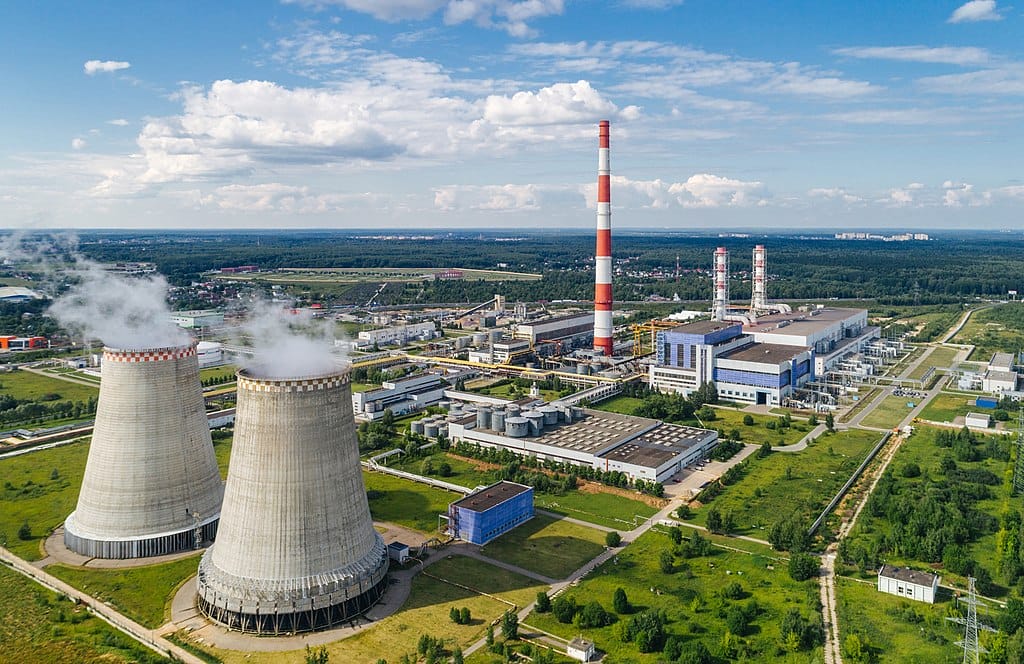Last updated:
 Why Trust Cryptonews
Why Trust Cryptonews

The Russian government has capped “private” or “home-based” crypto mining monthly electricity usage at 6,000kWh.
Per RBC, if miners use more than this amount, they will have to apply for a special “individual entrepreneurial” license.
Crypto Mining Electricity Usage Caps: New Russian Rules
Under the terms of two crypto mining-related laws that came into force on November 1, crypto mining is now a legal form of enterprise in Russia.
However, miners who use under 6,000kWh worth of energy per month will not have to register their operations with the government.
Anybody using more than this amount, however, will need to apply for a permit from the Federal Tax Service.

Miners exceeding the cap must also “independently” provide the tax body with “data” on the crypto they mine and “the addresses of the wallets” where they hold their coins.
Anton Gorelkin, the Deputy Chairman of the State Duma’s Committee on Information Policy, Information Technology, and Communications, was quoted as stating that “access to” a central registry of miners “will be exclusively official.”
This appears to contradict previous statements from ministers who claimed that much of the data in the register would be made public.
Gorelkin is one of the co-authors of the Duma’s mining bills. He claimed that the government would ban the “publication of information” from the registry.
The lawmaker has previously suggested that this will help miners and Russian firms who use crypto as a payment tool avoid Western sanctions.
Limited Access
Gorelkin said that “only government agencies” will be able to obtain data from the registry, using an “interdepartmental interaction system.”
Among those with access to miners’ wallet addresses will be the anti-money laundering body Rosfinmonitoring.
Other bodies who can request access include the Federal Security Service (FSB) and the Federal Property Management Agency, as well as the prosecution and police agency.
Under the new ruling, miners who provide “false” information or violate anti-money laundering laws will be barred from the register.
Bitcoin and Ethereum Focus
The government will also block miners based in areas that have launched mining bans.
The new rules also block individuals who have declared bankruptcy from signing up.
Moscow will also ban people who fall into these categories from “joining” certain crypto “mining pools,” the media outlet explained.
Russian industrial crypto mining experts claim that at least 90% of major players mine Bitcoin (BTC).
However, multiple sources claim that a very large portion of Russian home-based miners focus their attention on Ethereum (ETH).


















